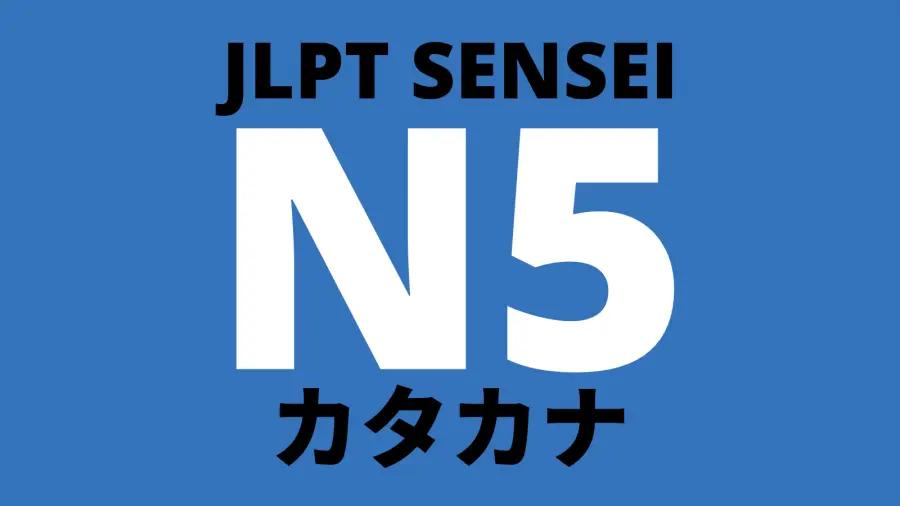This is a list of beginner Japanese katakana words for the JLPT N5 level.
Words written in katakana are foreign words that have been adopted into Japanese language using the カタカナ alphabet system. In total, there are about 60 katakana words you must know in order to pass the JLPT N5.
- PDF download of this page. (for members only)
- See full katakana words vocabulary list for all levels.
- See all N5 vocabulary.
JLPT N5 Katakana Words Complete Study Guide
Total JLPT N5 Katakana Words Lessons (61)
Page 1 of 1
